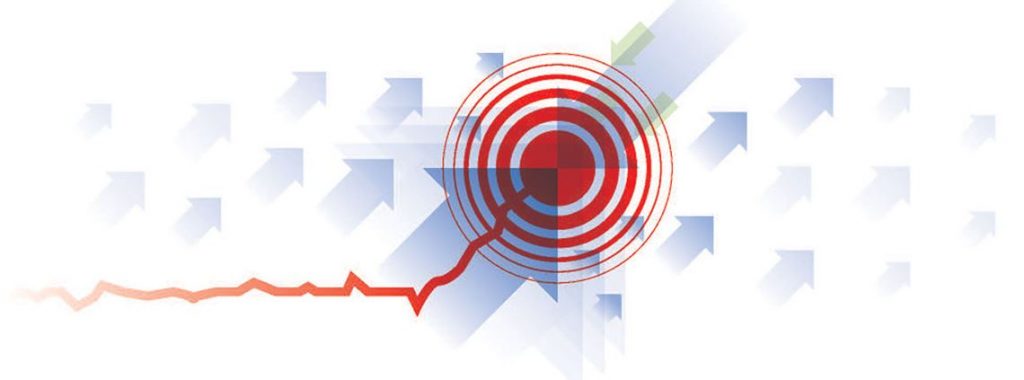Is inflation the next major supply-chain concern?

Consumer prices have risen by their largest margin in 13 years while availability is down, but who knows whether this is likely to last?
“Inflation will remain a problem as supply can’t match demand”
Writing in the Financial Times, Lena Komilova, chief economist of G+ Economics, called the current economic outlook the “steepest global inflation shock since the 1970s”, driven by unusual supply-side fluctuations and not by demand, as would be the case normally. The Covid-19 pandemic has caused various simultaneous changes in global supply chains, with all being sudden and long-lasting. On the back of mass industrial shutdowns, workforce lockdowns, travel restrictions and loss of transport, inventories dwindled and at some points re-supply was not possible. Since production has restarted, the speed of re-supply hasn’t been enough to match the surging demands. With consumers shopping avidly but in different patterns from the norm, and worldwide workforces being restructured, macroeconomics are volatile and it has become virtually impossible to predict behavioural patterns and, therefore, plan for recovery.
Supply chains still have significant issues over transportation, freight and container shipping, as well as worker shortages contributing to the “deepest, sharpest recession in history”. As such, we’re seeing surging prices in lumber, microchips and foods. Remote working, digital transformations and widespread redundancies all point to a new structure of business that will last for as long as it needs to. In the US, the Federal Open Market Committee believes the demand for goods is simply too high and supply will not be able to catch up soon. It cites a rise in personal consumption expenditure of 3.4% in 2021 compared with a March projection of 2.4%. On the basis of this, it has increased all its inflation forecasts up to the end of 2023, with the 2022 forecast raised to 2.1%, and 2023 to 2.2%.
“It may seem far off but disinflationary drag is ahead”
Goldman Sachs believes the inflation situation is only temporary and will move towards normality as early as 2022. According to Bloomberg, the investment bank said in a reasearch note: “We’re in the midst of a one-time inflationary blip that will eventually become a one-off ‘disinflationary drag’ – not the signals seen in an overheating economy that’s hitting maximum speed.” It argues that while many global goods categories have indeed faced “serious disruptions”, they “are not pushed to their limits”. However, the outlook is not rosy and it warns businesses to expect a continued pinch in challenging areas such as consumer electronics. For others, like furniture, it expects these to revert “by a third” at the end of next year.
Goldman Sachs says the biggest concern is not refilling the supply gaps but addressing worker shortages.
“Inflation appears just as growth begins to accelerate, so it is for this reason that inflation will subside,” Agnès Belaisch, chief European strategist, and Matteo Cominetta, director of economic research, both at Barings, argue in a piece for the Official Monetary and Financial Institutions Forum. They go on to say that even if supply disruptions continue, they cannot push up inflation further unless wages rise to match, suggesting that the situation will reach a natural balance of its own. Also, as certain markets, such as energy and some manufacturing inventories, are already returning to pre-Covid levels, this is a sign that inflation will fall quickly, reaching a reasonable level by end of this year.
The US Federal Reserve agrees, calling the situation “transitory”, and adding that while it may run high, it won’t get out of control.

